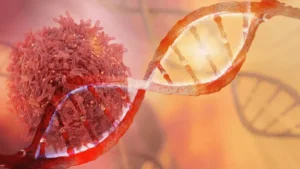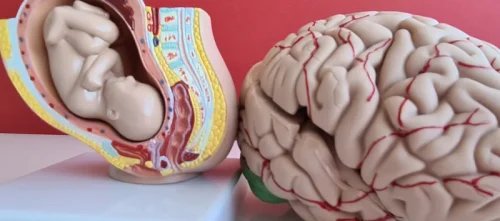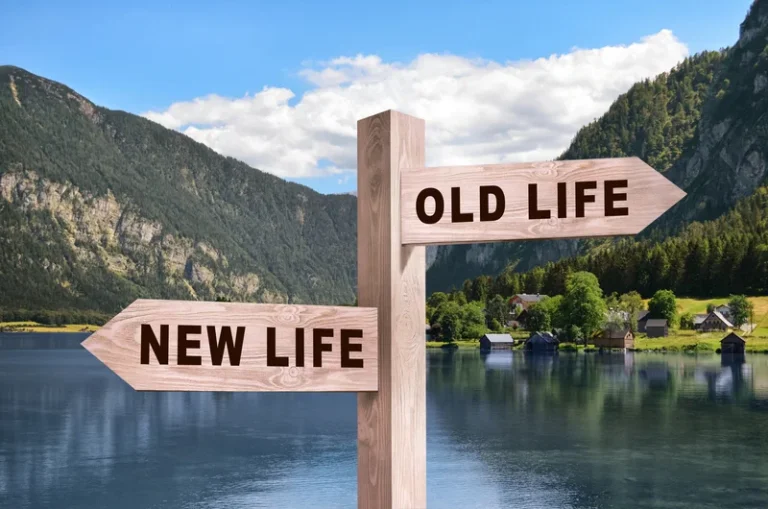
It’s your responsibility to be open and willing to treatment and growth. And if you end up drinking or using once sober, you have to take responsibility for that too. You can’t blame it on powerlessness–that is, the complete inability to control your actions. By seeking help for alcohol addiction in Step 1 of AA, you admit that you’re powerless to stop drinking on your own. Your counselor can help you learn strategies to stop drinking and can be one of the people you reach out to when you are struggling.

Admitting Powerlessness Is a Form of Strength

By recognizing powerlessness, individuals can let go of old patterns, seek support from others, and develop healthier coping mechanisms. One of the most significant benefits of embracing powerlessness in sobriety is finding freedom and inner peace. When we let go of the illusion of control, we free ourselves from the constant struggle to manipulate and manage every aspect of our powerless over alcohol lives. This liberation allows us to live more authentically, accepting ourselves and our circumstances as they are. By embracing powerlessness, we can focus on the present moment and find peace within ourselves. This newfound freedom and inner peace create a solid foundation for our recovery journey, enabling us to navigate life’s challenges with a sense of calm and clarity.
- Whatever the reason, admitting powerlessness is to say that practicing self-control does not undo the effects of drugs or alcohol on the brain.
- Our hope is merely to capture the spirit of the fellowships, and to approach people with the language they commonly use to describe the disease of addiction.
- Spero Recovery Center is a peer-based residential recovery program.
- Over time, this repeated exposure can actually rewire our brains, making it increasingly difficult to resist the urge to use.
- Instead, the treatment available focuses on helping you manage your condition, so you can achieve sobriety and resist relapse to alcohol abuse.
Addiction Remission: Navigating the Journey to Long-Term Recovery
Crippling addiction can be overcome, and there is hope for a fulfilling life beyond the grip of substance dependence. It may seem impossible now, but countless individuals have walked this path before you and found their way to recovery. Addiction specialists, therapists, and counselors can provide the guidance and support https://ecosoberhouse.com/ needed to navigate the challenging journey of recovery. It’s like having a skilled guide to help you traverse unfamiliar and treacherous terrain. Psychologically, accepting powerlessness can be incredibly liberating. It shifts the focus from shame and self-blame to a more constructive mindset of seeking solutions.

How Admitting Powerlessness Helps You Move Through Your 12 Steps
Before speaking, the participant is required to state his or her first name and say that he or she is an alcoholic. When you follow this format, you are participating in Step 1 and admitting to the group that you may be struggling with alcohol addiction. Admitting powerlessness means accepting what is true and what is not. It encourages acceptance of the circumstances rather than denying them. Join our supportive sober community where each day becomes a step towards personal growth and lasting positive change. Are you ready to achieve liberation and strength over your destructive drinking habits?
Susan is no stranger to the fields of behavioral health and addiction. She has over 25 years of experience, working in an inpatient setting, an outpatient setting, acute stabilization and nearly all other settings in the realm of addiction recovery. For many people, simply getting to the first step of AA is harder than any other part of the recovery process. In fact, you might need to experience a personal crisis before you feel ready to go to an AA meeting.
How to Complete Step 1 of AA
You must first admit powerless over alcohol and be honest with yourself about the situation. “We admitted we were powerless over alcohol—that our lives had become unmanageable.” Worldwide, alcoholics, addicts and treatment professionals embraced the Twelve Steps, and more than 35 million copies of AA’s Big Book have been distributed in over 70 languages. Families can also find support in 12 step based self-help in groups such as Al-anon and Nar-Anon. “We admitted we were powerless over alcohol—that our lives had become unmanageable. We came to believe that a power greater than ourselves could restore us to sanity.” When you admit that you are powerless to addiction, you are empowered to reach out for support.
Are There Alternatives to the Twelve Steps and AA?
- We all want to be considered strong and in charge of ourselves, so admitting powerlessness seems like a huge contradiction to that goal.
- This trust and surrender create space for growth and transformation, enabling us to experience a deeper sense of peace and serenity.
- It’s not a guarantee, but it’s like starting a race with a weight on your back – you’re at a disadvantage from the get-go.
- Susan is no stranger to the fields of behavioral health and addiction.
- One of the most significant benefits of embracing powerlessness in sobriety is finding freedom and inner peace.
- You may continue to make things work and, therefore, be part of the sickness.
Continued to take personal inventory and when we were wrong promptly admitted it. Experiencing withdrawal symptoms when you try to stop using is a physical manifestation of powerlessness. Your body has become so accustomed to the substance that it rebels when deprived, making it incredibly difficult to break free. Neglecting responsibilities and relationships is often a byproduct of addiction taking over your life.

It’s not just about stopping the addictive behavior, but also about healing the wounds that may have led to it in the first place. Connection is a powerful antidote to addiction, and therapy can help rebuild those connections both with yourself and others. So, you’ve recognized the signs of powerlessness and accepted that you need help. The good news is that there are many strategies and resources available to help you reclaim your life from addiction.
